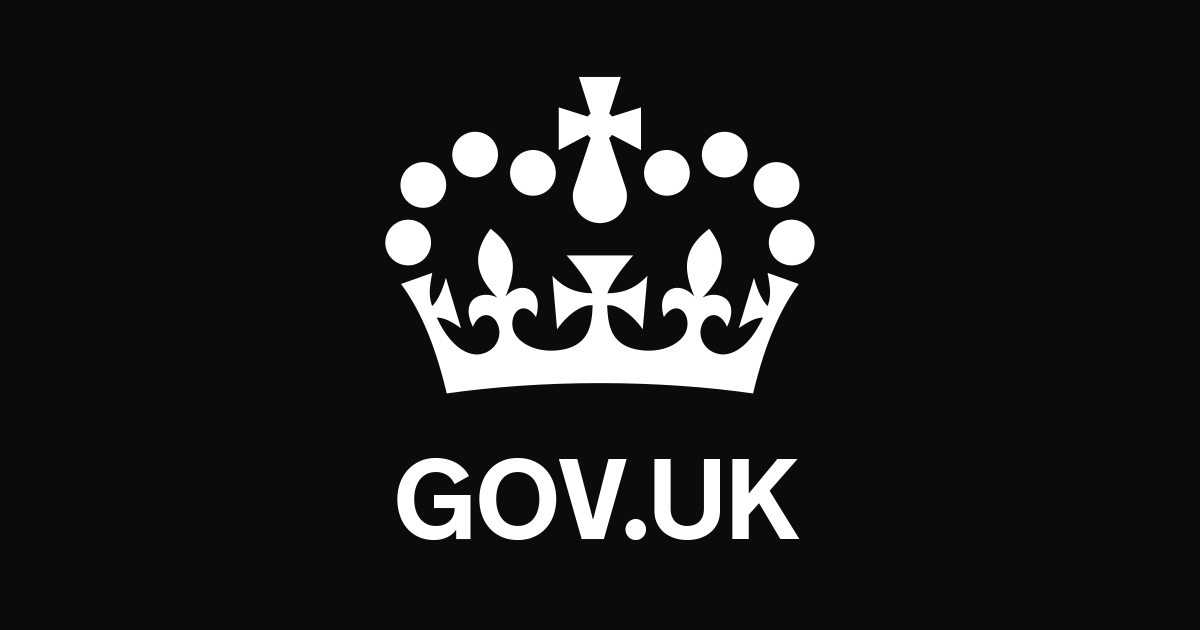
The FCDO advises against all but essential travel to:
- the whole of the United Arab Emirates based on the current assessment of COVID-19 risks.
If you are returning to England, Northern Ireland, and Wales from the UAE on or after 4am on 12 January, you will need to self-isolate on your return. Check the latest guidance for England, Northern Ireland, Scotland and Wales.
Travel to the United Arab Emirates is subject to entry restrictions
- Residents returning to Dubai still need to get approval before travelling. Those returning to other parts of the UAE no longer need to get approval
- The Dubai authorities have issued visit and tourist visas since 6 July 2020. The Abu Dhabi authorities have issued visit and tourist visas since 24 December 2020
- Tourists and visitors travelling from or through the UK and arriving in Dubai after 8am on Saturday 16 January must have a negative COVID-19 Polymerase Chain Reaction (PCR) test which was taken no more than 96 hours before departure and present the certificate at check in. Dubai Residents travelling to Dubai from or through the UK still have the option to either present a negative COVID-19 PCR test on departure from the UK, which was taken a maximum of 96 hours before departure or to take a COVID-19 PCR test on arrival at Dubai airport. Those tested on arrival will have to isolate pending the result of the COVID-19 PCR test. Travellers may also be required to undertake a COVID-19 PCR test on arrival in Dubai regardless of whether they were tested before departure
- Travellers to Abu Dhabi from the UK must have carried out a COVID-19 PCR test within 72 hours of departure and received a negative result and will also be required to undertake a COVID-19 PCR test on arrival
- Travellers entering Abu Dhabi are also required to wear a government-provided wristband, complete a minimum 10-day period of self-isolation or quarantine and, depending on the length of their stay, have up to two further COVID-19 PCR tests on day 6 and 12 after their arrival
- Travellers entering Abu Dhabi who have participated in the UAE voluntary COVID19 vaccination programme or have participated in the third phase of clinical vaccination research or who have obtained a mark in the ‘Al Hosn App’ are exempt from quarantine on arrival in Abu Dhabi
- If you’re travelling from the UAE to other countries that require a negative COVID-19 PCR test before arrival, you must have a negative test result within 96 hours of your departure from the UAE
- You should check specific requirements with your airline before you travel
- Travellers who test positive for COVID-19 on arrival in the UAE will be required to quarantine for at least 10 days even if they had a negative COVID-19 PCR test before travelling
See Entry requirements for more information before you plan to travel.
Preparing for your return journey to the UK
If you’re returning to the UK from overseas, you will need to:
Check our advice on foreign travel during the coronavirus (COVID-19) pandemic and sign up for email alerts for this travel advice.
If you’re planning travel to the United Arab Emirates, find out what you need to know about coronavirus there in the Coronavirus section.
During the COVID-19 pandemic, it is more important than ever to get travel insurance and check it provides sufficient cover. See the Foreign, Commonwealth & Development Office (FCDO)’s guidance on foreign travel insurance.
Around 1.5 million British nationals visit the United Arab Emirates (UAE) every year. Most visits are trouble-free.
There is a possibility of an increased threat against Western interests, including against UK citizens. You should remain vigilant and keep up to date with the latest developments, including via the media and this travel advice.
All air and sea points of entry between the UAE and Qatar reopened on 9 January 2021. See Qatar
Terrorists are likely to try to carry out attacks in the UAE. See Terrorism
If you’re planning to travel with prescribed or over the counter medicines for personal use, you’ll need to meet the UAE’s specific requirements for your medicine to be allowed into the country. See Medication
The UAE is a Muslim country. Laws and customs are very different to those in the UK. You should respect local traditions, customs, laws and religions at all times. There may be serious penalties for doing something that might not be illegal in the UK. See Local laws and customs
You can contact the emergency services by calling 999 (police), 997 (fire) or 998 (ambulance).
If you’re abroad and you need emergency help from the UK government, contact the nearest British embassy, consulate or high commission.